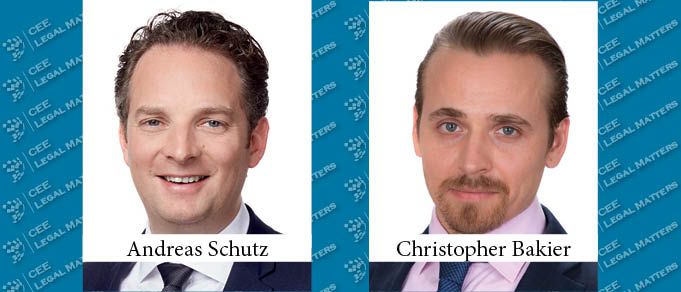The development of autonomous driving has been a recurring topic in the media in recent years. Technology in this area has progressed so much that autonomous vehicles are now ready for test drives on public roads. This development is subsequently exerting great pressure on local governments to create new laws allowing this type of testing and therefore driverless vehicles on public roads.
This topic arrived in Austrian politics about three years ago. The government’s timid action at the time may be considered a disadvantage, yet it has allowed the authorities to consider solutions found by other countries and develop a best-practice without too many “trial and error” procedures of its own. As a result, the first Austrian legal and regulatory framework for driving with automated systems in vehicles was created in 2016 with the 33rd amendment of the Austrian Motor Vehicle Act, followed by the Automated Driving Ordinance. Test drives were regulated for the following three applications: a) Autonomous Minibus; b) Motorway Pilot with Automatic Lane Change; and c) Self-Propelled Army Vehicle. Subsequently, in 2016, the Ministry of Transport published its Automated Driving Action Plan. Meanwhile, an amendment to the Automated Driving Ordinance was published in March 2019, significantly allowing all drivers in Austria to use two standard assistance systems.
Liability and Criminal Law & Data Protection
Numerous questions still remain unanswered regarding total autonomous driving in a wide range of legal areas, including whether and how liability law applies to autonomously driving vehicles. One particular question of importance that is yet to be answered is who will be liable for damages caused by driverless vehicles. An accident caused by a programming error could, logically, suggest manufacturer liability. This assumption might be justified if a machine misjudgement is considered a product defect. However, problems may arise in relation to product liability, since the Austrian Product Liability Act does not define “software” as a product yet.
Similar to liability law, the increasing automation of motor vehicles may lead to a shift of criminal liability from the driver to the manufacturer. Criminal law will have to provide satisfying answers in this respect and define, for instance, when a system is performing the required level of diligence – especially in situations involving unavoidable collisions. As technology progresses quickly, Austrian legislation will have to develop answers to this and other related questions.
Terms such as “smart cars” or “connected cars” are now widely used for these data-driven cars, and indicate that a multitude of questions need to be clarified from a data protection point of view as well. To drive development forward and make vehicles safer and more intelligent, each of these cars will have to exchange data constantly with other autonomous vehicles to avoid accidents and be informed about traffic conditions in advance.
Clarification will be needed as to whether this transmission of data is mandatory and the vehicle owner has any opportunity to object to or block this data transmission – or decide for him-or-herself which data is to be processed. Another question in need of evaluation is whether data will be automatically transferred to authorities or the original engine manufacturers in order to facilitate the reconstruction of accidents. This issue alone raises considerable data protection concerns. The questions that arise in connection with data protection show that the Austrian legislator must find a solution that protects fundamental rights with regard to the protection of personal data in the future.
Future Prospects
Although the 33rd amendment of the Austrian Motor Vehicle Act – the “Automated Driving Ordinance” (which proved to be unconstitutional and incomplete) – and subsequent amendments to it created the first framework conditions for tests with automated vehicles, there is still a great need for additional legislative changes in various areas of law related to autonomous driving.
By Andreas Schutz, CEE Head of Data Protection, and Christopher Bakier, Associate, Taylor Wessing Vienna
This Article was originally published in Issue 6.8 of the CEE Legal Matters Magazine. If you would like to receive a hard copy of the magazine, you can subscribe here.

















